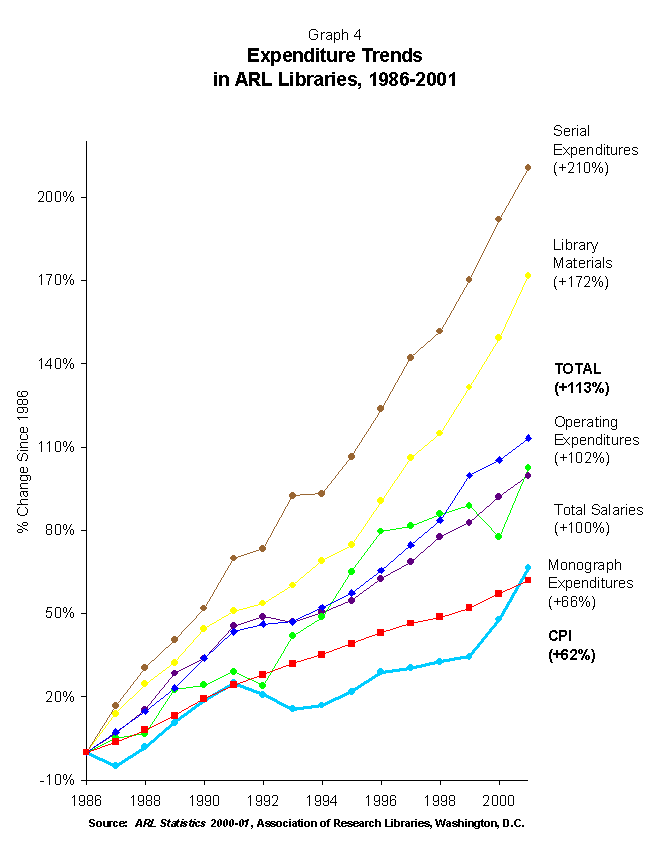|
|
|
|
|
|

OPEN ACCESS : THE FACTS
Scientists are receiving salaries from their institution. Scientists do not seek to collect royalties from publication of their papers. They only seek that their research should be as widely available as possible. They want to be read and quoted as much as possible. Most scientists are currently donating the content of their research accounts by freely submitting papers to journals that are reselling their papers with a very high subscription prices. Some subscription-based journals are even demanding that authors pay in addition publication charges. Acceptance of a submitted paper is subject to peer review. Reviewers are unpaid volunteer scientists. Editorial positions are considered as honorable and prestigious. The task of selecting reviewers falls to the editor in chief, and the editorial board. Members of the editorial board are all volunteers, the editor in chief, most often, is unpaid, or received a very small financial compensation. Therefore, one can see that the task of the publisher is reduced to low-cost secretarial management and to pay the printing company. The cost of printing has gone down recently with the advent of digital printing. Meanwhile, the cost of subscriptions to Journals ( or Serials ) has been increasing without any technical justification. ( see Ted Bergstrom's Journal Pricing Page, Free labor for Costly Journals, ) 
The number of commercial scientific publishers has been decreasing through buyout and mergers, creating a non-competitive market ( oligopolistic market ) with a inelastic demand ( libraries ) ( see a market failure ) This demand is rigid up to a certain point : the breaking point has been reached in all third-world Universities, in almost all European Universities and in many second-tier US Universities. The current situation is therefore completely absurd, and in contradiction to the rationality that one should expect from the scientific community. The current situation is the legacy of the past. Several studies have been devoted to explain this historical evolution :
In the beginning of the industrial age, scientists were obliged to give up the copyrights of their work to publishers/printers so that publishers/printers would accept to print and distribute scientific papers with a financial profit. Scientists are currently proposing new models :
For scientifically advanced countries, the ultimate benefit of Open Access is to eliminate the huge finnancial burden of subscription fees. Considering each research and educational institution, the savings in library expenditures could be used to pay Open Access publication charges for their researchers, even in the case of an University that harbors many researchers. A study has been made by BioMedCentral ( a commercial Open Access publisher in the UK ) that shows at even at a very large University such as Cornell University (USA), the budget for publication charges will be much lower that the current budget for serial subscription. In front of the escalating cost of serials subscription fees, the Association of Research Libraries (ARL - USA ) , the SPARC (the Scholarly Publishing and Academic Ressource Coalition ) have been very pro-active in promoting Open Access ( Declaring independence ). Funding agencies, research centers, research ministries have finally come to realize that they, in the end, albeit indirectly, are bearing the financial burden subscription fees. It is a little like a victim of a "con artist" that finally comes to awareness. The actual economical cycle can be sumarized as : the scientific community ( paid by public funds) is producing information contained in papers that are donated to journals, the review of said information is performed again by scientists for free. Ultimately this scientific information reviewed and packaged is sold back to the same scientific community which, of course, is purchasing the journals with public funds. The price being charged by journals is unrelated to printing and distribution costs. Therefore, for advanced countries, the transition to Open Access should generate huge savings of public funds. The transition to Open Access would also provide an effective and practical help to transition countries, at no costs !. For transition countries, Open Access is incredibly beneficial. It would allow their Universities and Scientists to have access to scientific information that is crucial for a sustainable development. It would suppress one of the major reasons of the brain drain : isolation. Many gifted scientists in third world countries are forced to flee their own countries, simply because they need to go in countries where they can have access to scientific journals. Therefore, even if high bandwith equipements were to be donated to transition countries, this would not stop the brain drain, only Open Access can stop it. The fact that gifted scientists are leaving their own country is creating an unsufferable damage to their higher education system, since scientists are forming the backbone of the teaching body. One should wonder who are the losers in this win/win deal. The main losers are commercial publishers that would have to re-orient part of their business activities to other fields. Some learned societies ( not all ) are relying on publishing income to lavishly pay an overinflated bureaucracy, and to finance a few "good causes". These learned few but large societies should become aware that their prime goal and therefore their first good cause is to promote knowledge. Scientists who are the ultimate decision makers in any learned society, have been so far quite tamed and docile, but like small shareholders of big companies, they are slowly awakening. More and more prestigious Nobel prize winners are now supporting Open Access. One can hope that worldwide opinion ( as stated in the WSIS ) would bring enough moral pressure on scientists members so that learned societies are going to evolve from inside. For more detailed information, read our next pages concerning Open Access and Open Archives : |
|
|